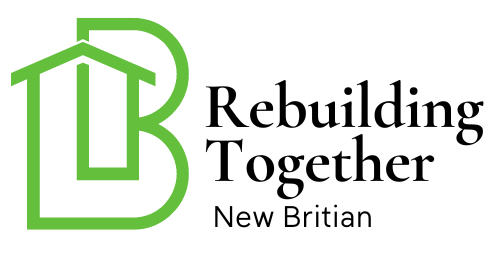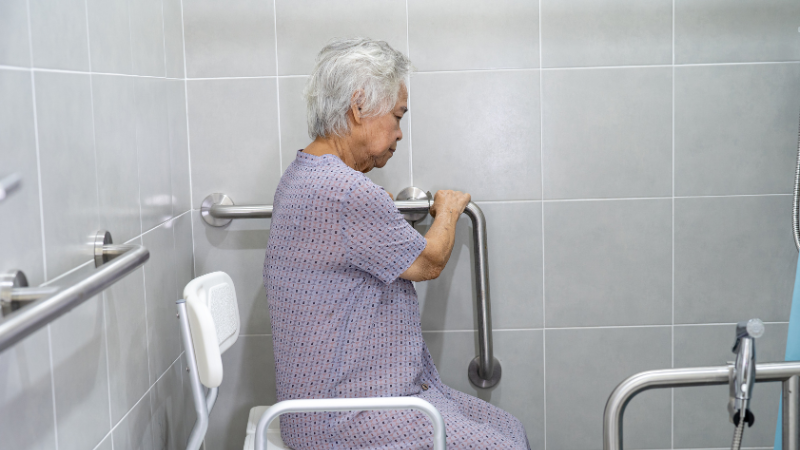In today’s rapidly changing world, ensuring emergency preparedness for seniors is more crucial than ever. With natural disasters, health crises, and other unexpected events on the rise, having a robust plan in place is essential for the safety and well-being of our elderly loved ones. This guide aims to provide a detailed overview of how seniors and their families can prepare for emergencies effectively.

Understanding the Importance of Preparedness
Why is emergency preparedness for seniors so vital? Seniors are often more vulnerable during emergencies due to mobility issues, health conditions, and the need for special medications. Being prepared can significantly reduce anxiety and potential harm.
The Risks Seniors Face
Seniors face unique risks during emergencies. These include difficulty in evacuation, communication barriers, and the need for medical support. Understanding these risks is the first step towards effective preparation.
Creating a Personal Emergency Plan
Every senior should have a personalized emergency plan. This includes identifying exit routes, establishing a communication strategy, and ensuring access to necessary medical information.
Communication Strategies
During an emergency, communication is key. Seniors should have a list of important contacts and a reliable way to reach them. It’s also vital to have a backup plan in case primary communication methods fail.
Essential Supplies for Senior Preparedness
Having the right supplies can make a significant difference during an emergency. Here are some essentials:
- Non-perishable food and water
- Medications and medical supplies
- Flashlights and batteries
- Important documents in a waterproof container
- First aid kit
Adapting the Home for Safety
Ensuring the home is safe and accessible is a crucial part of emergency preparedness for seniors. This includes installing smoke detectors, securing heavy furniture, and ensuring clear pathways for mobility aids. For more tips on home safety, visit Home Safety Tips for Older Adults.
Technology to the Rescue
Technology can play a significant role in keeping seniors safe. Devices like medical alert systems and video doorbells can provide peace of mind and quick access to help if needed.
Involving Family and Caregivers
Family members and caregivers are integral to the preparedness process. They should be involved in planning and aware of the senior’s unique needs and challenges.
Regular Drills and Updates
Conducting regular emergency drills and updating plans as needed ensures everyone is ready and knows their role during an emergency.
Community Resources and Support
Many communities offer resources and support for seniors during emergencies. Familiarizing yourself with these can provide additional assistance when needed.
Local Emergency Services
Knowing how to contact local emergency services and understanding their procedures can be lifesaving. Seniors should be registered with local emergency services if possible.
Staying Informed About Potential Threats
Being aware of potential threats in your area, such as weather patterns or local emergencies, can help seniors prepare in advance. Subscribing to alert services can keep seniors informed.
The Role of Pets in Emergency Planning
Many seniors have pets who are like family. Including pets in your emergency plan is crucial. Ensure you have food, water, and any necessary supplies for them as well.
Financial Preparedness
Ensuring financial readiness is another aspect of emergency preparedness for seniors. This includes having access to cash, safeguarding financial documents, and understanding insurance policies.
Conclusion: Staying Prepared and Safe
In conclusion, emergency preparedness for seniors involves comprehensive planning, awareness, and the involvement of family and community resources. By taking these steps, seniors can face emergencies with confidence and resilience.

FAQs
What should be included in a senior’s emergency kit?
A senior’s emergency kit should include non-perishable food, water, medications, medical supplies, a flashlight, batteries, important documents, and a first aid kit.
How can technology aid in emergency preparedness for seniors?
Technology such as medical alert systems and video doorbells can provide seniors with immediate help and enhance their safety during emergencies.
Why is it important to include family in emergency planning?
Involving family ensures that everyone is aware of the senior’s needs and the emergency plan, leading to better coordination and support during a crisis.
For more tips on maintaining a safe environment for seniors, you can visit Maintaining a Senior Safe Home.
This article contains affiliate links. We may earn a commission at no extra cost to you.

